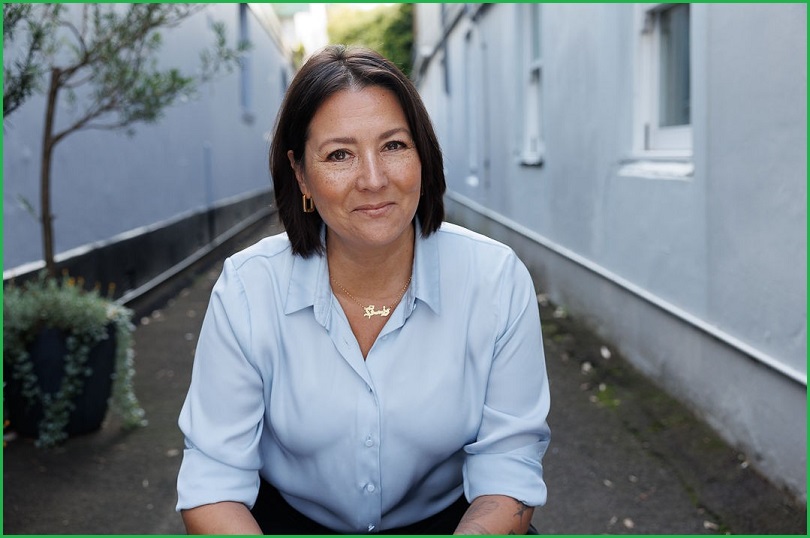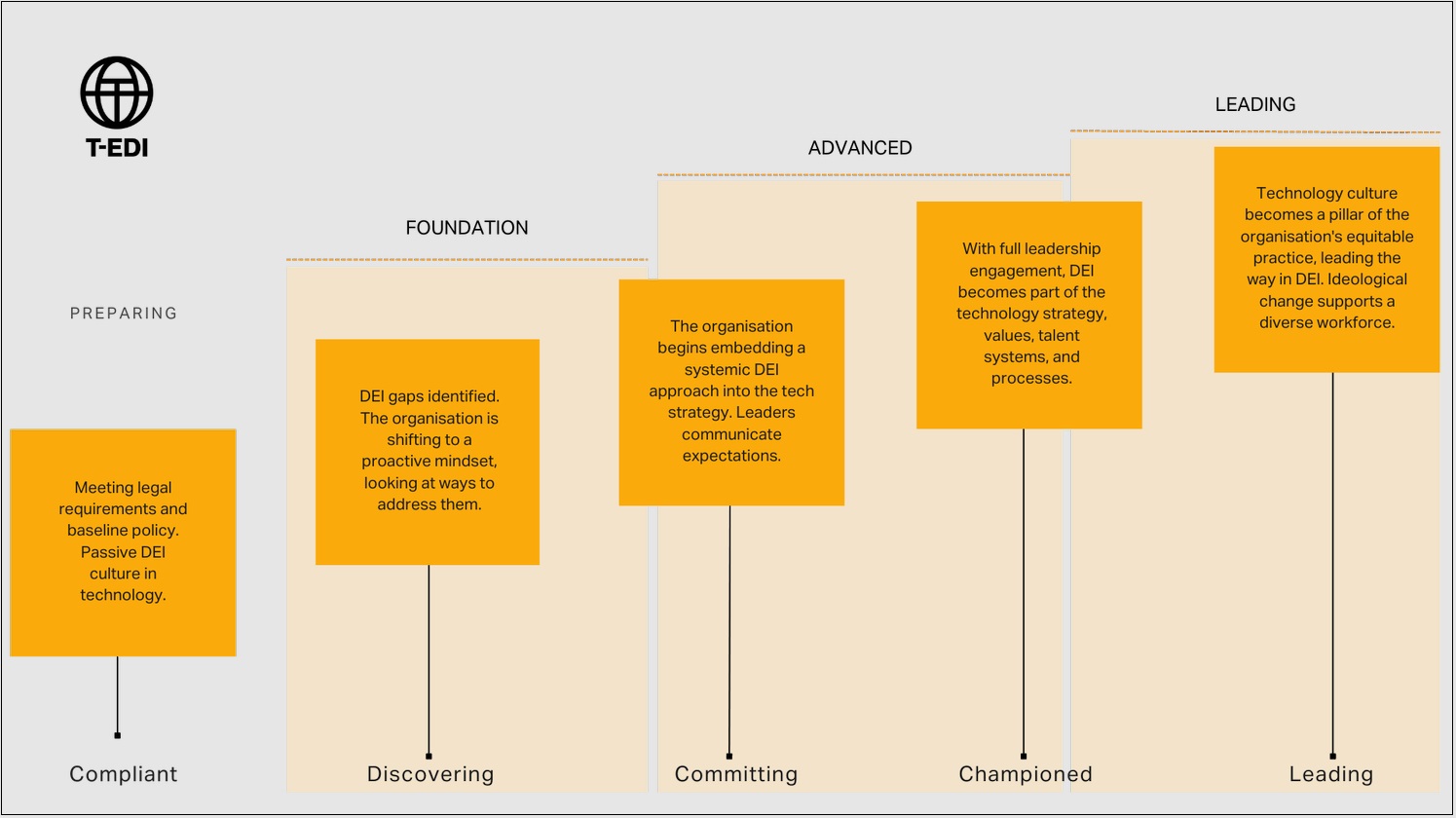The new T-EDI standards framework will help address persistent gender inequality by giving Australian ICT firms “clear guidance and accountability” on diversity strategies, early adopters have said as advocacy firm Project F targets a “national imperative” around skills.
Developed over six years as an evidence-based certification framework, the social impact advisory’s T-EDI Standards help companies evaluate and demonstrate their performance against 10 equity, diversity, and inclusion benchmarks.
A purpose-built app lets businesses to self-assess their progress against criteria such as hiring practices, parental leave policies, pay transparency, and flexible work – with each category assessed at ‘foundation’, ‘advanced’, or ‘leading’ levels.
Companies must submit supporting documentation along with their self-assessments, which are verified through a process that lets participating organisations access action plans, certification, dashboard benchmark data, and logos for branding online and via social media.
Because it is based on research about successful past diversity initiatives, Project F CEO and founder Emma Jones believes T-EDI’s promise of clear and consistent targets will help it provide more meaningful guidance for companies that want to improve their diversity.
“I’ve watched [diversity] initiative after initiative come and go, and watched companies spend a lot of money on initiatives and employer branding, and it doesn’t move the needle,” Jones said in a panel session during the standard’s launch.
“They’re trying to solve a problem by making a brand look good,” she continued, “and we know it doesn’t work… we’re in 2024 [and] knowing that we still don’t have enough skills, and that there is a skills shortage in this environment, and we’re still alienating women.”

Emma Jones , CEO of Project F, says clear targets will help it provide better guidance to businesses keen to improve their workforce diversity. Photo: Supplied
Struggling to move the needle
T-EDI’s launch comes amidst ongoing industry concern that a flurry of diversity initiatives over the past decade simply haven’t delivered the outcomes they were hoped to – with just 28 per cent of ICT workers female despite women comprising over half of the population.
The problem remains even worse in subspecialties like cyber security – where just 17 per cent of workers are women and diversity initiatives’ struggles to gain cut through have failed to expand Australia’s “miniscule” cyber workforce.
“If you’re a female, or come from a minority or underrepresented group, you’re going to have a story” about inequality, noted job site Indeed’s managing director Laura Ford, who recalled questioning herself after watching male coworkers be showered with relocation perks.
“I thought a lot about what I missed,” she said, and “whether my negotiation skills were horrendous – which was really bad because I was in sales – but it was a failing of leadership. And it stops today.”
Internal cultural issues are often to blame, noted Amanda Anderson, global head of public policy and government relations with payments company Block, who noted that despite token efforts “there really isn’t any sort of standard or conversation half the time” about diversity.
At a previous employer, Anderson said, “there was some hesitance to put out numbers and data about the population of people that worked in the company – and I always found that fascinating because it’s a technology company, and if anybody can track that data, it’s them.”
“For them to say ‘we really don’t have that’, or ‘it’s quite hard to measure’, felt pretty unacceptable.”

How companies will be rated on T-EDI. Graphic: Supplied
With tools such as an ROI calculator enabling financial modelling of diversity initiatives, Jones worked with T-EDI’s early adopters – including Atlassian, Telstra, Accenture, PEXA, CyberCX, Culture Amp and the Commonwealth Bank of Australia – to fix that.
Driving permanent change
The goal is to help leadership teams justify diversity investments with “clear guidance and accountability,” Jones said, with “an easier and more accessible way to change the systems” enabling diversity, equity, and inclusion – a task she called a “national imperative”.
Equally important, however, is making that change stick.
“Every time I join as a CTO or CIO, there is a diversity issue,” noted Eglantine Etiamble, group CTO with online property settlement firm PEXA, who said a concerted process of introspection inevitably drove positive but short-term gains.
“Every time we’re putting amazing foundations in place,” she said, “we go back to basics – how do we recruit, how do we make sure that there is transparency – and in my two previous organisations we moved from roughly 20 per cent to 40 per cent of female intake.”
“But what I’ve observed – leaving those organisations, when the leadership changes, and when the other agenda changes, and when there is a crisis in the world, which always happens – it all goes backwards.”
T-DEI has been endorsed by groups like Quantum Women, Elevate Consulting Partners, and the Tech Council of Australia (TCA) – whose ongoing work with industry has driven business skills partnerships, government advocacy, and novel engagement programs.
The standard has also been endorsed by the Future Skills Organisation (FSO), whose recently released Workforce Plan 2024 excoriated an Australian tech industry it said is “ignorant” of the needs of the women that are crucial to expanding Australia’s tech workforce.










